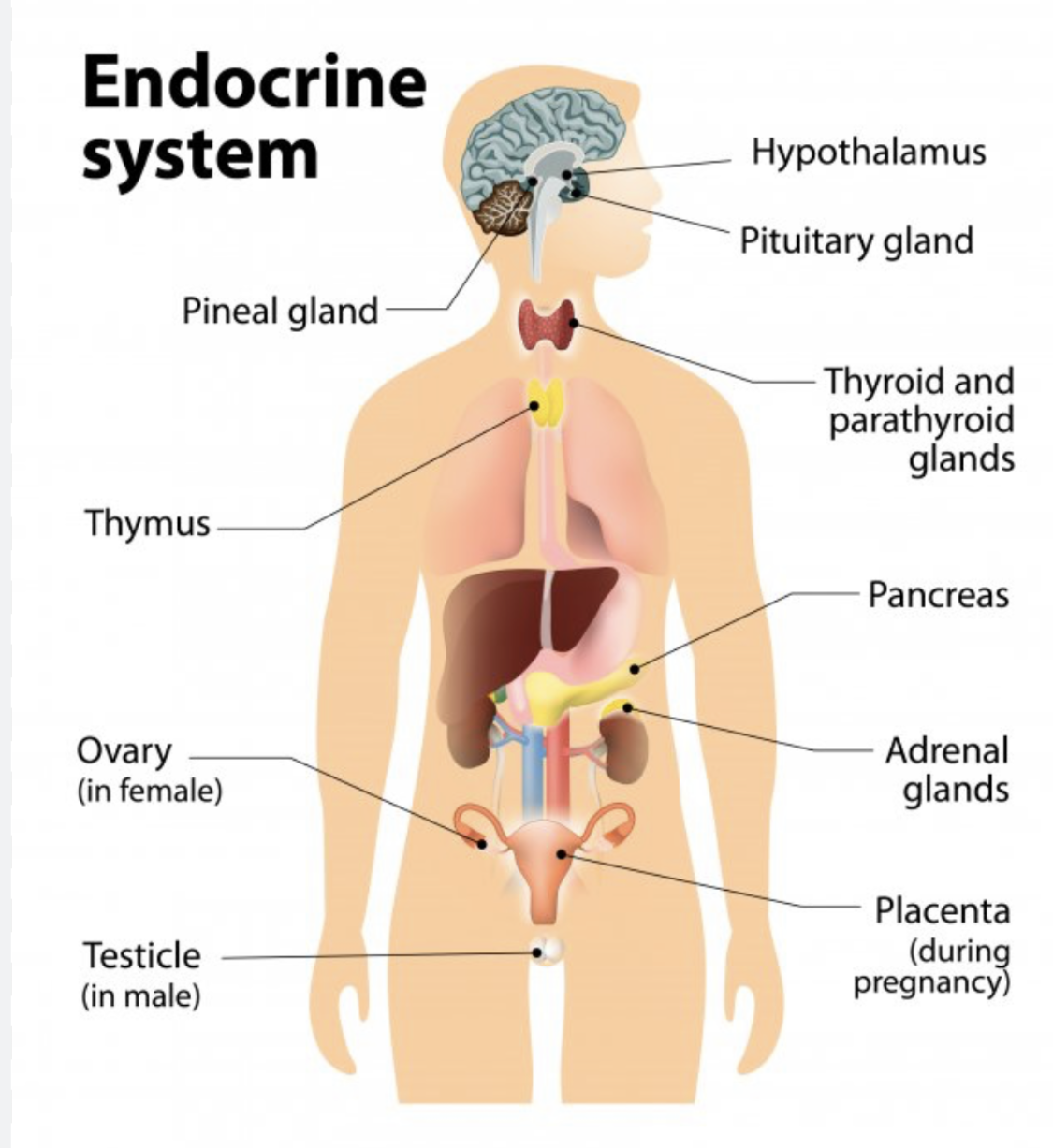LABOR AND DELIVERY: STAGES AND NURSING INTERVENTIONS.
Labor and delivery represent one of the most significant and transformative events in a woman’s life. For nurses, understanding the stages of labor and the corresponding interventions is crucial to ensure a safe and healthy delivery for both the mother and the newborn. This blog post will break down the stages of labor and provide essential nursing interventions at each stage, ensuring effective and patient-centered care throughout the birthing process. 1. Stages of labor Labor is typically divided into three primary stages: the first stage, the second stage, and the third stage. Each stage requires specific nursing interventions to monitor …
ENDOCRINE DISORDERS: DIABETES MANAGEMENT AND DIABETIC KETOACIDOSIS (DKA)
Managing endocrine disorders, particularly diabetes, is essential for ensuring that patients maintain stable blood glucose levels and prevent serious complications like diabetic ketoacidosis (DKA). Diabetes is a chronic condition where the body cannot properly process glucose due to either insufficient insulin production (type 1 diabetes) or ineffective use of insulin (type 2 diabetes). Both conditions require consistent monitoring and management to prevent hyperglycemia (high blood sugar) and hypoglycemia (low blood sugar), with DKA being a life-threatening consequence if blood glucose is not well-controlled. In this blog post, we will explore how nurses can effectively manage diabetes and prevent DKA, focusing …
Neurological Disorders: Stroke and Seizure Nursing Care
Neurological disorders like strokes and seizures require prompt, skilled nursing care to ensure patient safety and promote optimal recovery. Strokes, often referred to as cerebrovascular accidents (CVA), occur when blood flow to the brain is interrupted, either due to a clot (ischemic stroke) or bleeding (hemorrhagic stroke). Seizures, on the other hand, result from abnormal electrical activity in the brain and can vary in severity and presentation. In this blog post, we will explore the nursing care involved in managing patients with strokes and seizures, focusing on the key interventions, monitoring, and support needed to provide high-quality care. Whether you are …
RESPIRATORY DISORDERS: COPD AND ASTHMA MANAGEMENT.
Chronic respiratory disorders like Chronic Obstructive Pulmonary Disease (COPD) and asthma are prevalent conditions that significantly affect the quality of life for millions worldwide. Although both conditions involve breathing difficulties, their causes, symptoms, and management strategies differ. Proper management is essential to reduce symptoms and improve overall well-being. This blog will provide an overview of both COPD and asthma and offer guidance on how to manage them effectively. Understanding COPD COPD is a progressive lung disease characterized by obstructed airflow, often caused by long-term exposure to irritants such as cigarette smoke, air pollution, or workplace chemicals. The disease encompasses two main conditions: …







